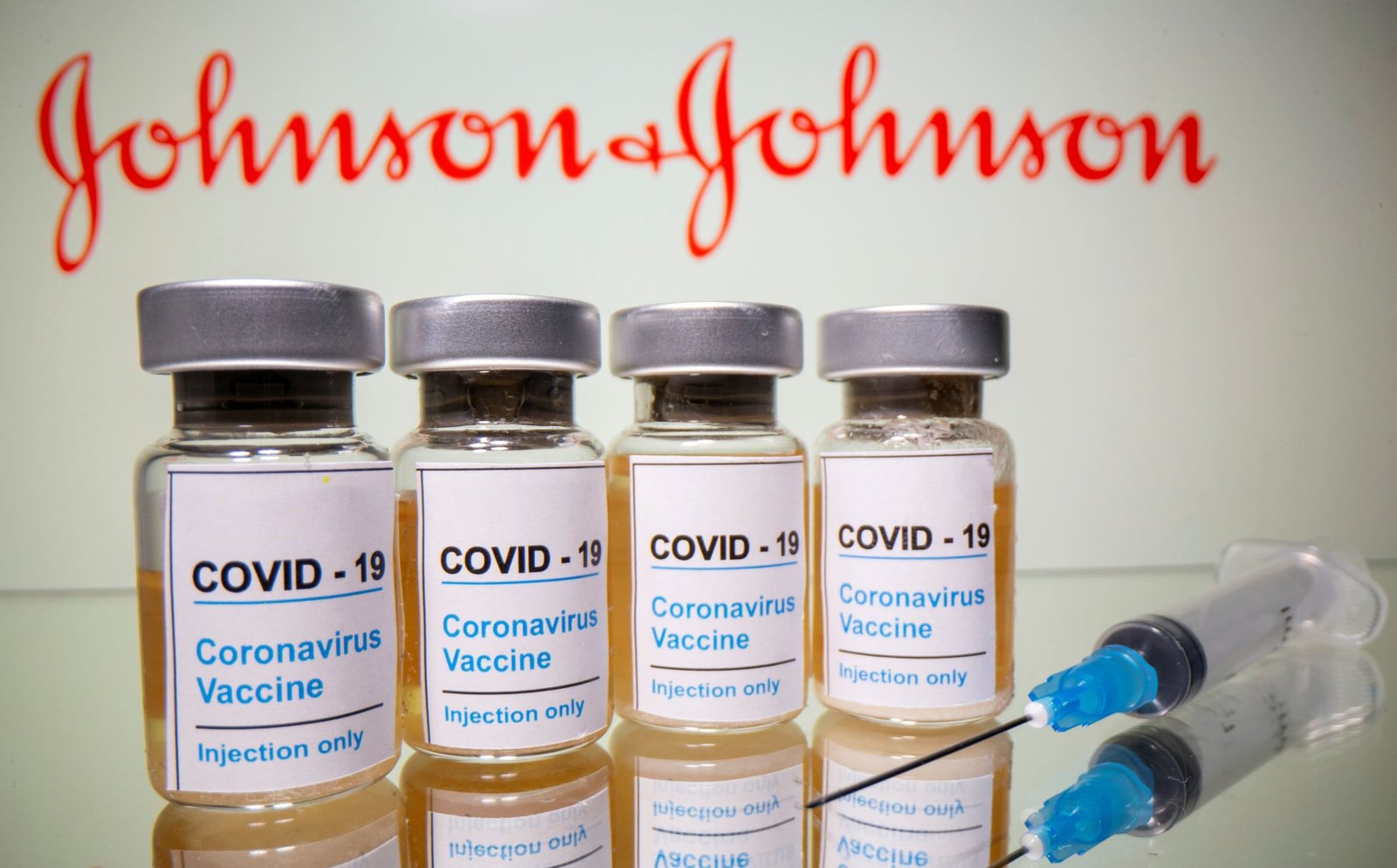The company at the center of quality problems that led Johnson & Johnson to discard an unknown amount of its coronavirus vaccine has a string of citations from United States health officials for quality control problems.
Johnson And Johnson to Deliver Over 100 Million Doses By May
Emergent BioSolutions, a little-known company at the center of the vaccine supply chain, was a key to Johnson & Johnson’s plan to deliver 100 million doses of its vaccine to the US by the end of May. But the company has been cited repeatedly by the Food and Drug Administration (FDA) for problems such as poorly trained employees, cracked vials, and mold around one of its facilities, according to records obtained by The Associated Press through the Freedom of Information Act. The records cover inspections at Emergent facilities since 2017.

Johnson & Johnson said Wednesday that a batch of vaccines made by Emergent at its Baltimore factory, known as Bayview, can’t be used because of quality standards. It was unclear how many doses were involved or how the problem would affect future deliveries of J&J’s vaccine. The company said in a statement it was still planning to deliver 100 million doses by the end of June and was “aiming to deliver those doses by the end of May.”
J&J locked arms with Emergent in April 2020, enlisting the lesser-known company to manufacture the vaccine J&J was developing with federal funding. At the time, Emergent’s Bayview facility wasn’t scaled for making millions of doses of a potential COVID-19 vaccine, according to the FDA records that describe the plant as a contract testing laboratory that “did not manufacture products for distribution”. Upgrades in technology and personnel were required before Bayview could begin making what’s known as “drug substance” material for the vaccine, a two-month process during which the required biological cells are grown.
The FDA inspected Emergent’s Bayview plant in April 2020, just as the agreement with J&J was being announced. The federal agency criticized the company for problems with its testing of a potential treatment for anthrax, according to the records obtained by the AP. The FDA’s lead investigator cited the company for failing to train employees “in the particular operations they perform as part of their function and current good manufacturing practices”.
Other problems cited by the FDA during the April 2020 inspection included failures by the Bayview plant “to ensure that electronically held data generated during analytical testing” of material “was protected from deletion or manipulation”. The FDA’s lead investigator, Marcellinus Dordunoo, wrote that Emergent hadn’t investigated what he described as “data integrity concerns.”
The inspection was the most recent in a series of critical reports from the FDA about Emergent, including one following a December 2017 inspection at a plant in Canton, Massachusetts, in which the FDA said the company hadn’t corrected “continued low-level mold and yeast isolates” found in the facility. Nearly a year later, agency investigators questioned why Emergent had “an unwritten policy of not conducting routine compliance audits” at a separate plant in Baltimore, known as Camden, where an anthrax vaccine is filled into vials.
Emergent’s revenues skyrocketed during the administration of former US President Donald Trump, jumping from around $523m in 2015 to more than $1.5bn in 2020. The company has invested heavily in lobbying the federal government, according to disclosure records, which show the company spent $3.6m on lobbying in 2020 alone.
Emergent is one of about 10 companies that Johnson & Johnson is using to speed up manufacturing of its recently approved vaccine, the company said. The Bayview factory where the tainted vaccine ingredient was found had not yet been approved by the FDA, so no vaccine in circulation is affected. Emergent declined to A federal official said Wednesday evening that the administration’s goal can be met without additional J&J doses.

